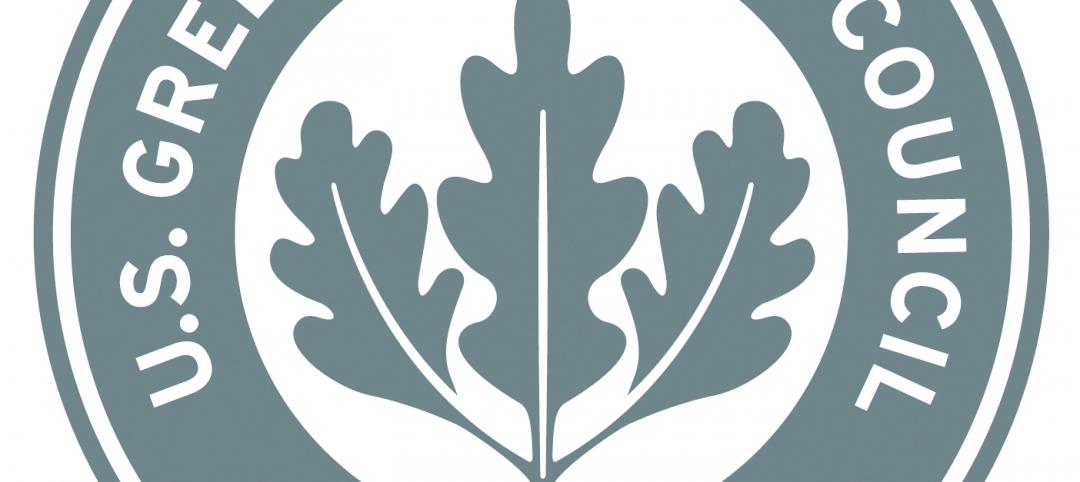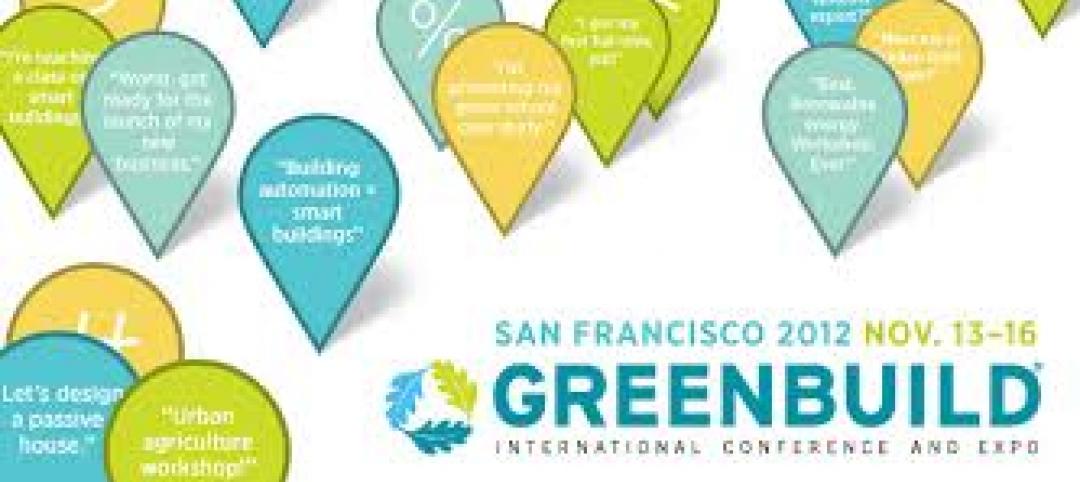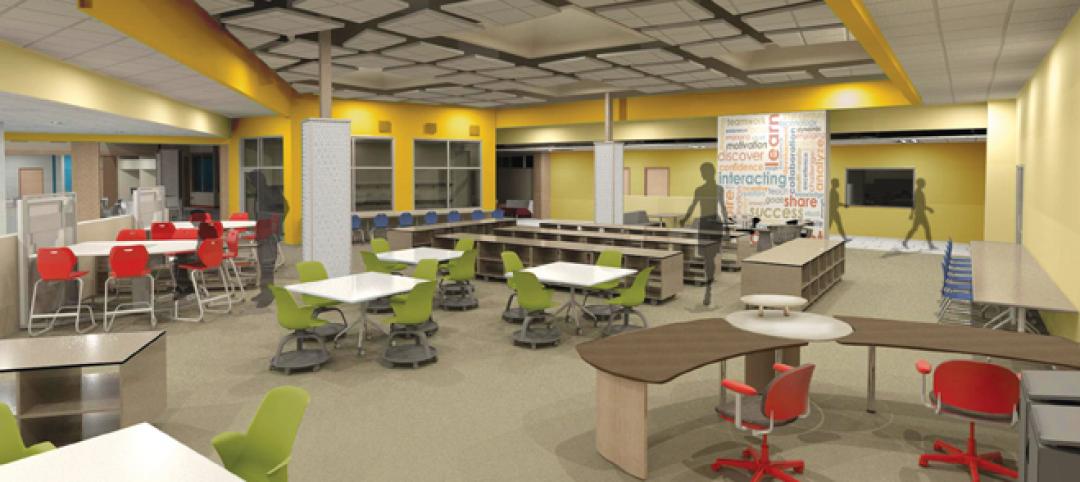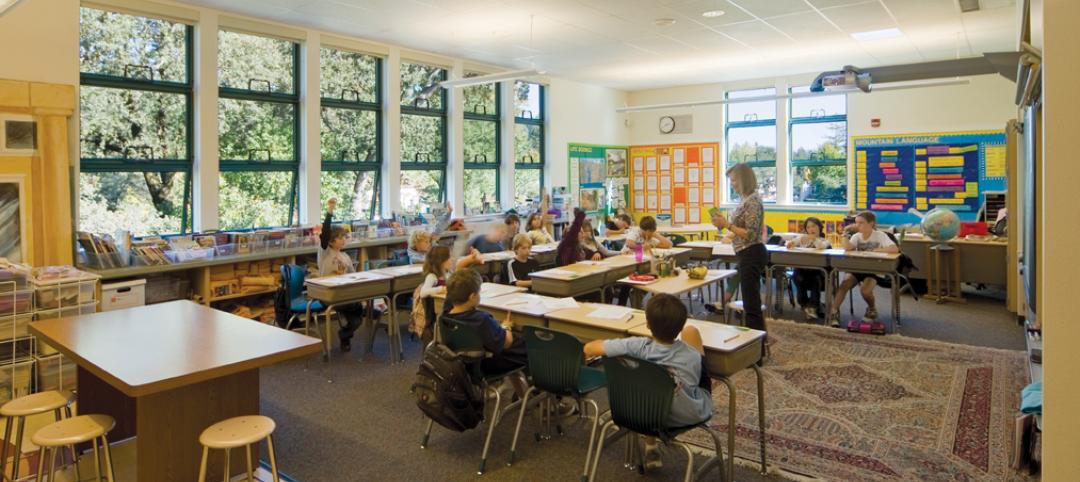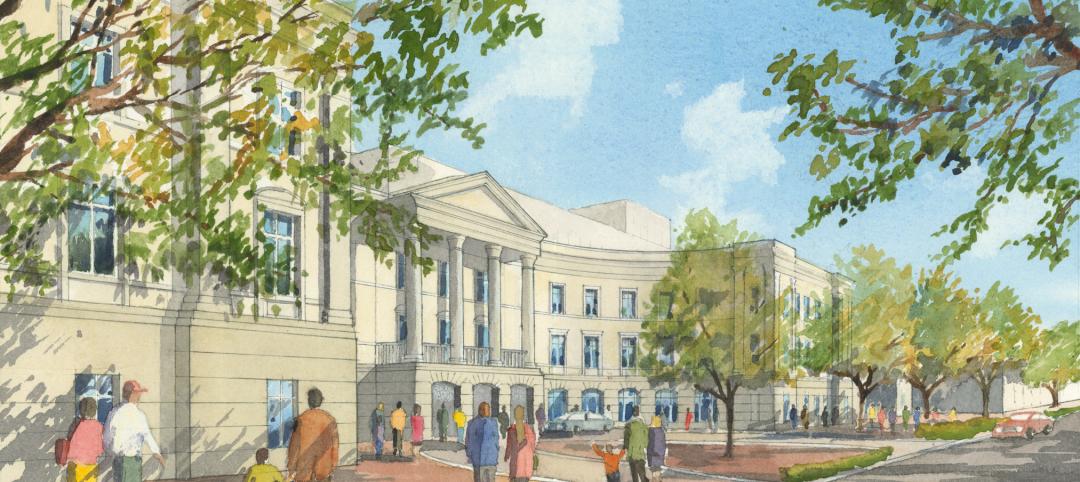The American Institute of Architects (AIA) has produced a report assessing the work of firms that are part of the AIA 2030 Commitment, a voluntary initiative to commit their practice to advancing the AIA’s goal of carbon-neutral buildings by the year 2030 that began reporting performance data in 2010.
The program has seen the number of buildings included in the report increase, but significant strides in crucial metrics used to predict building performance have been MIA. “These findings should serve as a wake-up call to architects that there needs to be greater urgency to drive improved energy efficiency across their project portfolios if we are going to reach our ultimate carbon reduction goals,” says Greg Mella, FAIA, Director of Sustainable Design at SmithGroupJJR and co-chair of the AIA 2030 Working Group, in a press release.
Highlights from the AIA 2030 Commitment: 2015 Progress Report include:
- 152 firms submitted reports – a 9% increase from 2014
- 2.6 billion gross square feet (GSF) represented in this data – a 8% increase
- 5,982 whole building projects have been accounted for in this report – a 37% increase
- 4,461 interiors only projects reported – a 16% increase
- 614 design projects are meeting the 60% energy reduction target – a 42% increase
- 38% average Predicted Energy Use Intensity reduction reported by firms – an increase of 1%
- 10% of total GSF meeting the previous 60% carbon reduction target – a decrease of 4%
- 4% of total GSF meeting the new 70% carbon reduction target
- 59% of total GSF using energy modeling to predict operational energy consumption – a 9% increase
Energy savings for the projects accounted for in the report is equivalent to about 21 million metric tons of greenhouse gas emissions. To put that into perspective, that is akin to powering 2.2 million homes for a year or running 6 coal-fired power plants.
2015 was the first year that firms used the new 2030 Design Data Exchange interactive tool that enables design teams to benchmark and target energy performance through a range of analytical aids to drive improved energy efficiency. Users of this tool are reporting that the ability to see immediate results on how their projects are performing has facilitated benchmarking and started conversations about efficiency options earlier in the design process. This has afforded them more ability to understand how the buildings will perform against baseline energy use.
For additional resources for architecture firms to develop greater high-performance building practices, click here.
Related Stories
| Oct 25, 2012
City Design Leader Enquist honored for conservation leadership
Openlands, a Chicago-based metropolitan conservation organization, presented its 2012 Conservation Leadership Award to Philip Enquist, FAIA, Partner in Charge of Skidmore Owings & Merrill LLP’s global City Design Practice.
| Oct 3, 2012
Fifth public comment period now open for update to USGBC's LEED Green Building Program
LEED v4 drafts and the public comment tool are now available on the newly re-launched, re-envisioned USGBC.org website.
| Sep 26, 2012
EDITORIAL OPPORTUNITY – BD+C Greenbuild 2012 Issue
Your firm is invited to contribute to this special issue, which will be distributed at Greenbuild San Francisco, Nov. 14-16, 2012.
| Sep 7, 2012
Net-zero energy pioneers on the el-hi frontier
Getting to net-zero is not easy, but the promise of eliminating energy bills and using state-of-the-art technology as a learning lab can make a compelling case to reach for net-zero.
| Sep 7, 2012
The keys to success in the K-12 school market
When educators and school administrators describe their vision for new K-12 school buildings as ‘21st-century learning spaces,’ they’re not exaggerating. Many new schools are truly different in concept from their counterparts of only a few years ago.
| Jul 25, 2012
Contract awarded for Gaillard Municipal Auditorium renovations in Charleston, S.C.
Seeking LEED Silver certification, the project will begin in August and is slated for completion in December 2014.
| Jun 25, 2012
Living green wall planned for InterContinental Chicago
Project, with price tag of $2 million to $3 million, needs council approval.
| Jun 14, 2012
Sustainability consultant’s keynote highlights the evolution of LEED green building in Spain
Sustainability planning, green building and water efficiency consultant, Jerry Yudelson keynoted the celebration of Spain’s first LEED Platinum Municipal Green Building.
| Jun 13, 2012
Free webinar on Designing and Building Green Schools scheduled for June 20
USGBC Center for Green Schools and other experts to present practical tips.





